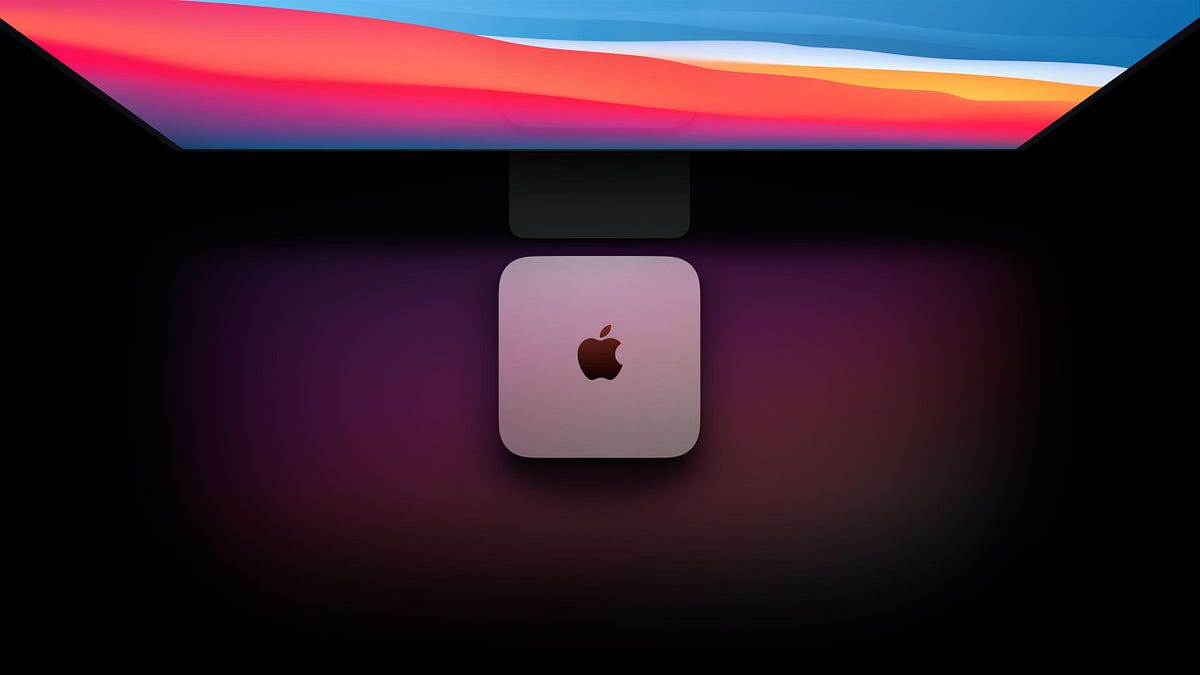I've just read an article about the new Mac Mini - which suggests that it is significantly faster on some tasks than many more expensive machines - even from Apple. I had an online chat with someone from Apple, and two things emerged.
1. Apple "don't do" benchmarks, or even seem to admit that they exist. That's a shame as even if they linked to "independent" reviews elsewhere one could compare one's existing and older kit with what the new one should be capable of.
2. For this model Apple seem to have reverted to the "non-upgradable" business model. In other words you have to order the maximum amount of storage and memory you think you might need, which means you'll either buy too much, and never use it, or too little, and then find things that can't be done.
In fairness it is possible that the new chips Apple are using may make mix and match memory and storage, and later additions difficult, but it is also possible that such an option was possible, but Apple chose not to go that way for the usual commercial reasons.
Benchmarks of course don't give a complete picture, but they can give an indication.
1. Apple "don't do" benchmarks, or even seem to admit that they exist. That's a shame as even if they linked to "independent" reviews elsewhere one could compare one's existing and older kit with what the new one should be capable of.
2. For this model Apple seem to have reverted to the "non-upgradable" business model. In other words you have to order the maximum amount of storage and memory you think you might need, which means you'll either buy too much, and never use it, or too little, and then find things that can't be done.
In fairness it is possible that the new chips Apple are using may make mix and match memory and storage, and later additions difficult, but it is also possible that such an option was possible, but Apple chose not to go that way for the usual commercial reasons.
Benchmarks of course don't give a complete picture, but they can give an indication.

 - if anyone's asking
- if anyone's asking 
Comment